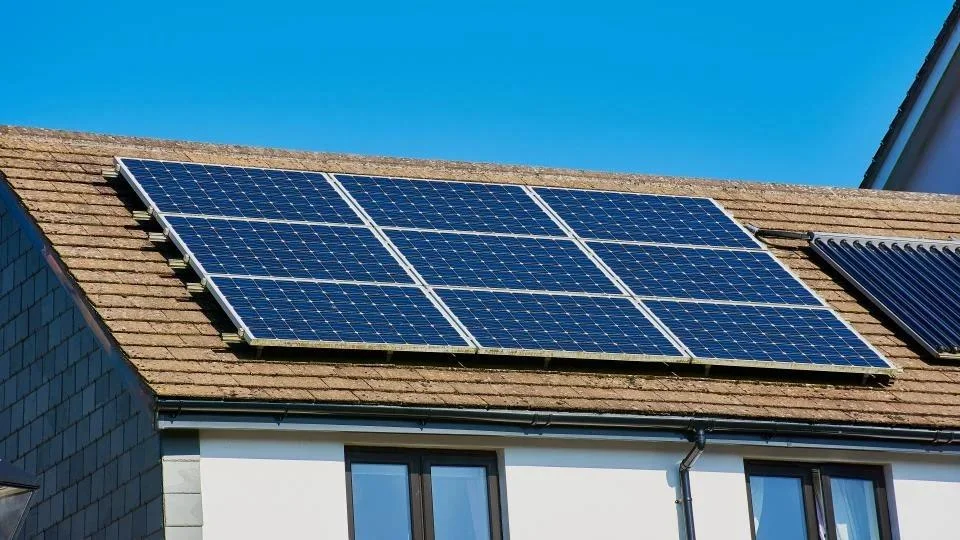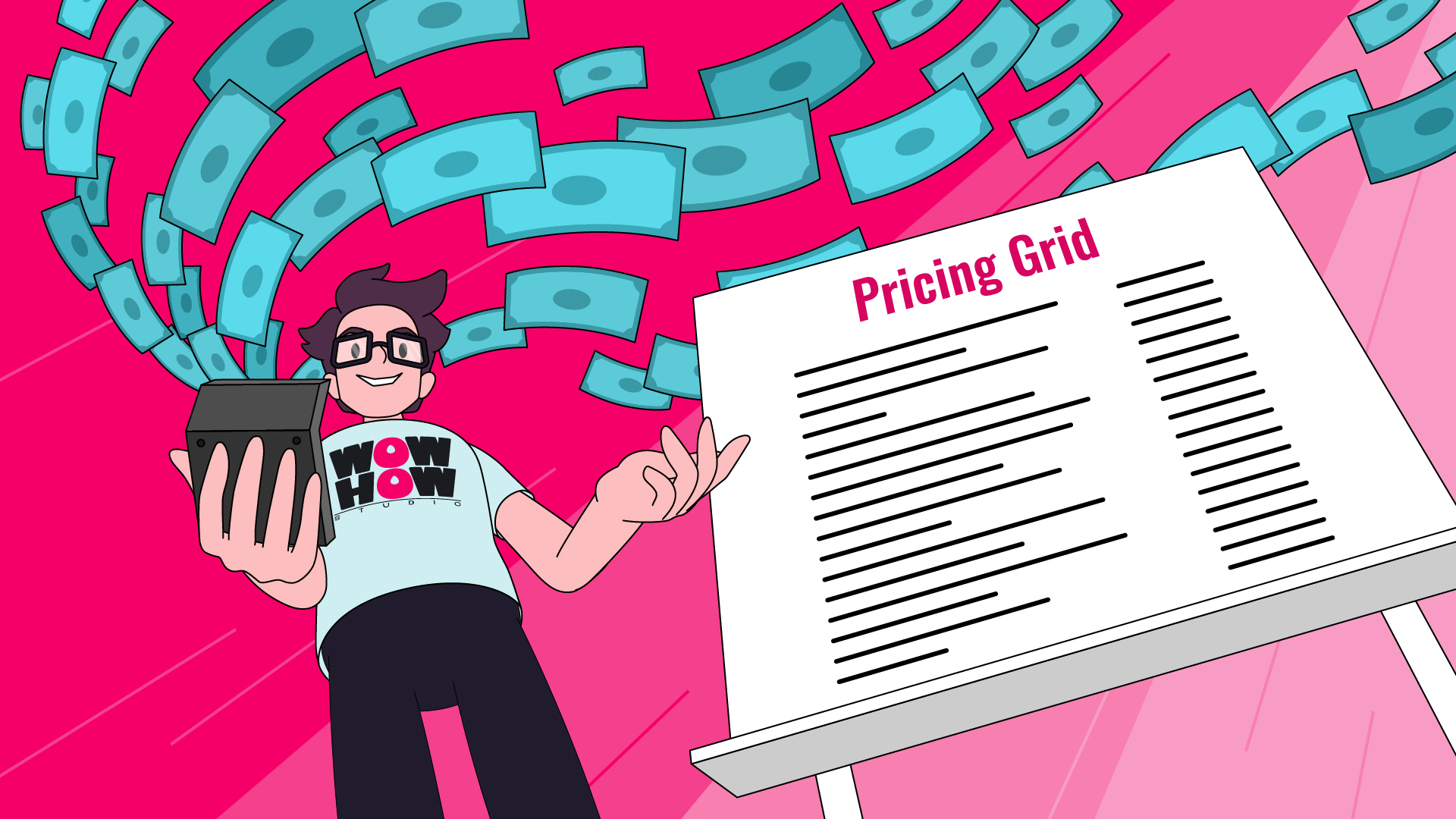Financing Solar Panels: Tips for Increasing Your Home Value

In today’s world, more and more homeowners are looking for ways to reduce their carbon footprint and make smart financial choices. Investing in solar power has become a popular option. That provides clean energy and adds value to your home.
If you are considering financing solar panels and want to maximize your investment, you’re in the right place! These insights will help you make informed decisions about whether you plan to stay in your home for the long term or want to increase its resale potential.
By the end, you will have a clear understanding of the financial and environmental benefits of solar energy. Gain practical knowledge for maximizing your home’s value through solar panel installations.
So, if you are ready to tap into the power of the sun and improve your home’s value, let us explore the world of solar energy. Read on!
Table of Contents
Understand the Benefits of Solar Panels
It is important to look beyond the financial advantages. Especially when considering the installation of solar panels at home. So, before diving deeper into the finances, let us explore the broader advantages of using solar panels.
Environmental Sustainability
Solar panels are a clean and renewable energy source. They produce electricity without harmful emissions.
By using solar energy, you can reduce your carbon footprint. Also, contribute to a greener and more sustainable future.
Energy Independence
One of the key benefits of solar panels is the opportunity for energy independence. By generating your own electricity, you become less reliant on traditional energy sources. Thus, reducing dependency on utility companies.
This self-sufficiency provides a sense of empowerment and control over your energy consumption. It also ensures a more reliable and resilient energy supply, particularly during power outages or disruptions in the grid.
With solar panels, you can enjoy a greater level of energy security and peace of mind.
Reduced Energy Demand
Solar panels not only generate electricity for immediate use. It also offers the potential for energy conservation. You can reduce your reliance on the grid and lower overall energy demand. That is by utilizing solar energy during peak daylight hours.
This helps ease the strain on the existing energy infrastructure. Also, it promotes a more efficient use of resources.
By adopting solar power, you play a part in creating a more balanced energy grid. Additionally, you contribute to its sustainability.
Long-Term Durability
Solar panels can withstand various weather conditions and have a long lifespan. Most solar panels come with warranties ranging from 25 to 30 years.
That ensures their durability and performance over time. This longevity translates to a reliable and consistent energy source for your home.
Additionally, solar panels need minimal maintenance with occasional cleaning and inspections being the main upkeep tasks. Their robustness and low maintenance needs make them a reliable energy solution.
Community Engagement and Education
Embracing solar energy at home can inspire and educate others in your community. By installing solar panels, you become a visible advocate for renewable energy.
Your decision to go solar can spark conversations. It can encourage others to explore sustainable energy options.
By sharing what you know and have experienced, you can help others learn and care more about the environment. We can work together to make a bigger difference. That is by encouraging more people to use solar energy and care about the environment.
Using solar panels at home has advantages beyond just money and can make your home more valuable. By using them, you help protect the environment and become more self-sufficient with your energy. Besides that, you use less energy and motivate others in your community.
Research Options for Financing Solar Panels
Once you recognize the benefits of solar panels, it is important to explore the financing options available. The upfront costs of installing solar panels can feel overwhelming. But there are several ways to make it more affordable.
Let us dive into some options that can help you finance solar panels.
Tax Incentives and Credits for Installing Solar Panels
One of the most appealing incentives for homeowners considering solar panels is the availability of tax credits.
Governments at the federal, state, and local levels often provide financial incentives. That is to encourage the adoption of renewable energy. These credits can significantly reduce the cost of your solar panel installation.
Take the time to research and understand the specific tax credits available in your area. They vary depending on where you live. It is wise to consult with a tax professional to ensure you take full advantage of these credits.
Specialized Loans for Renewable Energy Projects
If you prefer to spread out the cost of your solar installation over time, check your options for loans. These solar loans finance installations, offering competitive interest rates and flexible repayment terms.
Some lending institutions even offer loans with no upfront costs. That makes solar energy more accessible for homeowners. Take the opportunity to shop around. Compare different loan options to find the one that best fits your financial situation and goals.
Corporate Financing Plans or Leasing Options
It is also worth exploring corporate financing plans or leasing options. Some solar panel manufacturers and installation companies partner with financial institutions. That is to offer financing programs tailored to homeowners.
These programs may include leasing arrangements or power purchase agreements (PPAs). That is where you pay for the electricity generated by the panels instead of owning the system outright.
These arrangements often need little to no upfront costs. Also, it can provide immediate cost savings on your energy bills.
However, it is essential to carefully review the terms and conditions of these agreements. That is to ensure they align with your long-term financial objectives.
Utilize Net Metering for Long-Term Savings
Net metering is a policy that allows homeowners with solar panels to sell the excess electricity they generate back to the grid. This means that during periods of high solar production, you can accumulate credits for the surplus energy you contribute. These credits can offset the electricity you consume during times when your panels produce less, such as at night or on cloudy days.
Net metering reduces your overall energy costs and can lead to substantial long-term savings. Check with your utility company how you can take advantage of this benefit.
Analyze Your Homeowner’s Insurance for Installation Discounts
When installing solar panels, it is worth reviewing your homeowner’s insurance policy. That is to see if there are any installation discounts available. Some insurance companies offer extra coverage options for homes with solar panel installations.
These discounts can help offset the overall cost of insuring your property. Get in touch with your provider to discuss any potential discounts or adjustments.
You can make a smart decision that matches your budget and long-term financial objectives. That is by doing some research and learning about your different financing choices. Remember to evaluate each option, comparing interest rates, terms, and potential savings.
You might want to talk to installation companies that can help you or learn more info on solar panels through this link. They might also connect you with trustworthy lenders or leasing providers. They can give you advice and guidance on how to pay for your solar panels and find the best options for you.
Calculate Return on Investment (ROI)
It is crucial to calculate the potential return on investment (ROI). While investing in solar power installations requires an upfront payment, they can provide long-term financial benefits.
Begin by assessing your current energy consumption. Also, check the size of the solar system you plan to install.
Consider the average local electricity rates. Also, the amount you expect to save on your energy bills each month.
Using this information, you can figure out how long it will take for the money you save on energy bills to cover the installation costs. Usually, it takes a few years for solar panel installations to pay for themselves. But it depends on how much energy you use and the size of the system.
It is worth noting that solar panels can last for 25 to 30 years. So, you will keep saving money long after you have covered the installation costs.
Choose the Right Installer
Selecting a reputable and experienced solar panel installer is crucial. You need to ensure the quality and performance of your system. With the growing popularity of solar energy, many installation companies have emerged.
To find the right installer, start by researching their certifications, licenses, and credentials. Look for companies with a proven track record in the industry and positive customer reviews.
Seek referrals from friends, family, or neighbors who have recently installed solar panels. Personal recommendations can provide valuable insights specifically, about the installer’s professionalism, workmanship, and customer service.
Additionally, get quotes from multiple installers. Also, compare their offerings in terms of equipment quality, warranties, and installation costs.
A well-installed and high-quality solar system not only guarantees optimal energy production. It also enhances the aesthetic appeal of your home.
Consider the visual impact of the solar panels and how they integrate with your property’s architecture. Opt for panels that blend seamlessly with your house.
Optimize the Design
When it comes to solar panel installations, aesthetics play a crucial role in maximizing your home value. Solar panels come in various styles and designs. Selecting the right one can significantly impact your property’s overall appeal.
Opt for panels that complement the architecture and design of your home rather than stand out as an eyesore. Consider the placement and orientation to maximize sunlight absorption and energy production. South-facing roofs usually receive the most sunlight, but east and west-facing roofs can still be viable options.
Assess the shading on your property, such as nearby trees or structures. Also, ensure the solar panels receive ample sunlight throughout the day. The more efficiently your panels generate electricity, the greater the financial and environmental benefits.
Additionally, think about the long-term potential of your solar panel system. If your energy needs are likely to increase in the future, consider installing a larger system than what is currently required. This will allow you to generate surplus electricity that can be sold back to the grid, further increasing your return on investment.
Highlight Energy Efficiency
When promoting your home with solar panels, focus on how energy-efficient it is. Energy-efficient homes are highly sought after. That is because they save money on utility bills and contribute to a sustainable future.
Highlight the solar panels as part of a complete energy-efficient package. That includes insulation, energy-saving appliances, LED lights, and smart home features.
Inform potential buyers about the advantages of owning a solar-powered home. Show them the energy savings they can enjoy, the positive impact on the environment, and the potential for higher resale value. Provide details about the warranty, maintenance needs, and any incentives or tax credits that can be transferred.
By educating buyers, you help them understand and appreciate the value of a solar-powered home.
Harness the Power of the Sun
Financing solar panels is not only a smart investment in clean energy. It is also a strategic way to increase your home value. By learning its benefits and how to maximize them, you can make the most of your investment.
With solar panels on your roof, you will not only enjoy reduced energy costs. It also contributes to a sustainable future. Start exploring your options.
Reach out to solar panel installers in your area. Take the first step towards a greener and more valuable home. If you think this article has been helpful, check out our other blogs!



